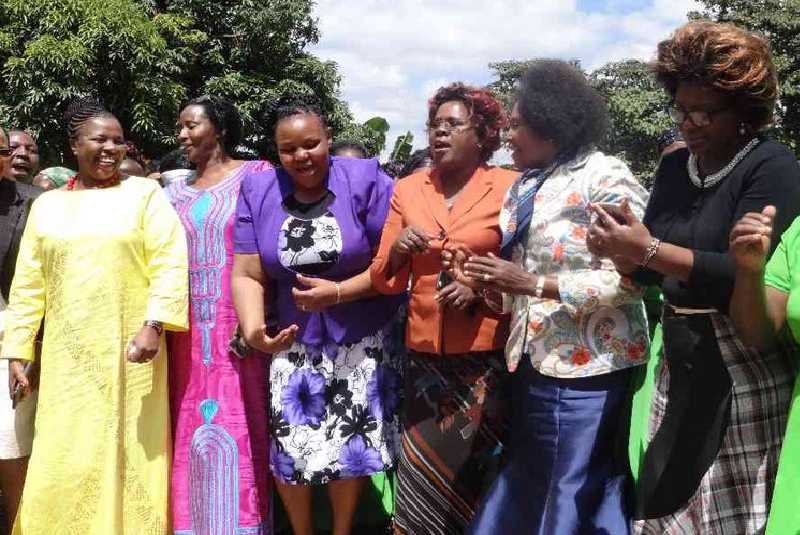×
The Standard e-Paper
Smart Minds Choose Us

Woman politicians Joyce Laboso, Beatrice Elachi, Esther Gathogo, Alice Wahome, Mary Wambui and Rachael Shebesh in Kandara on May 31, 2016. [Photo, Courtesy]
As the world marked the International Day of the Girl Child, questions still linger on what efforts are in place to secure girls’ future.